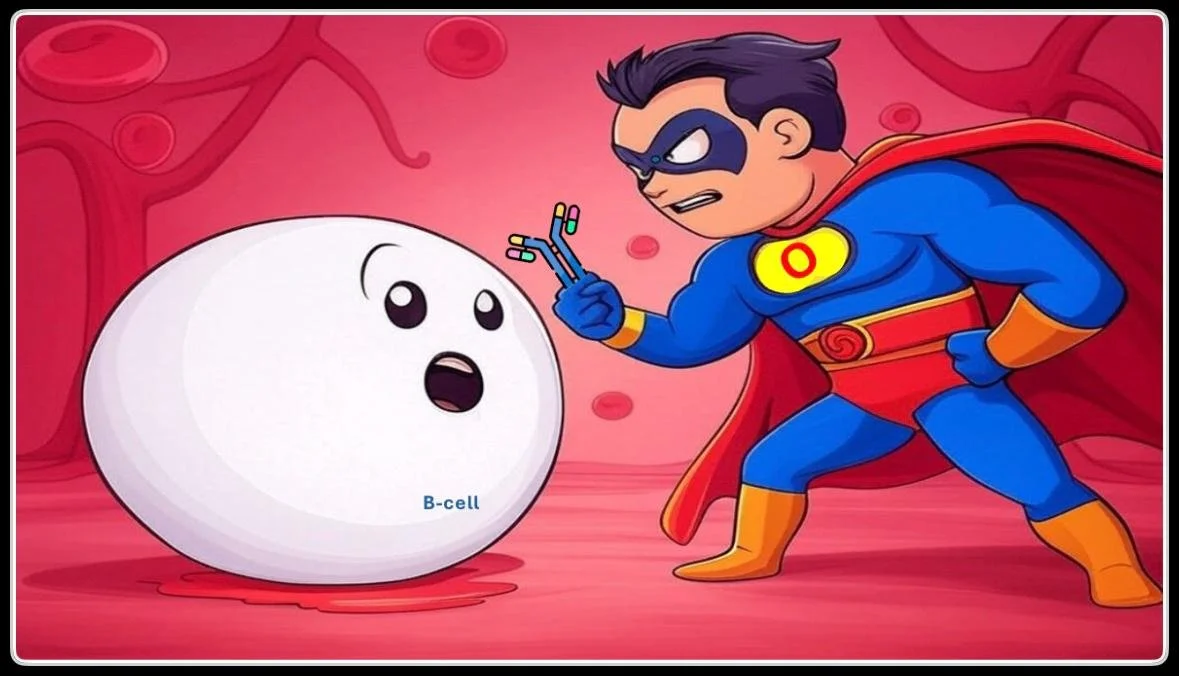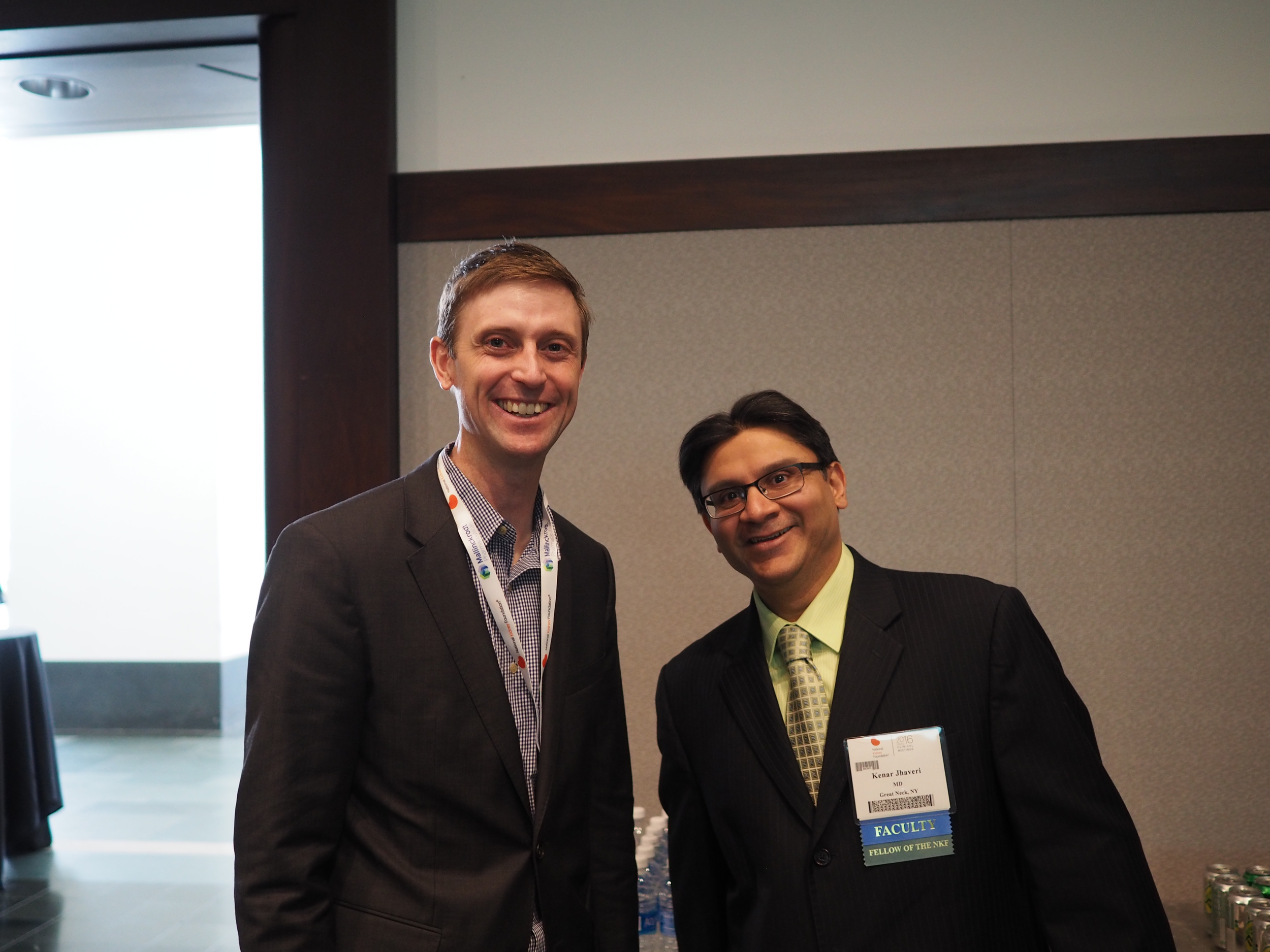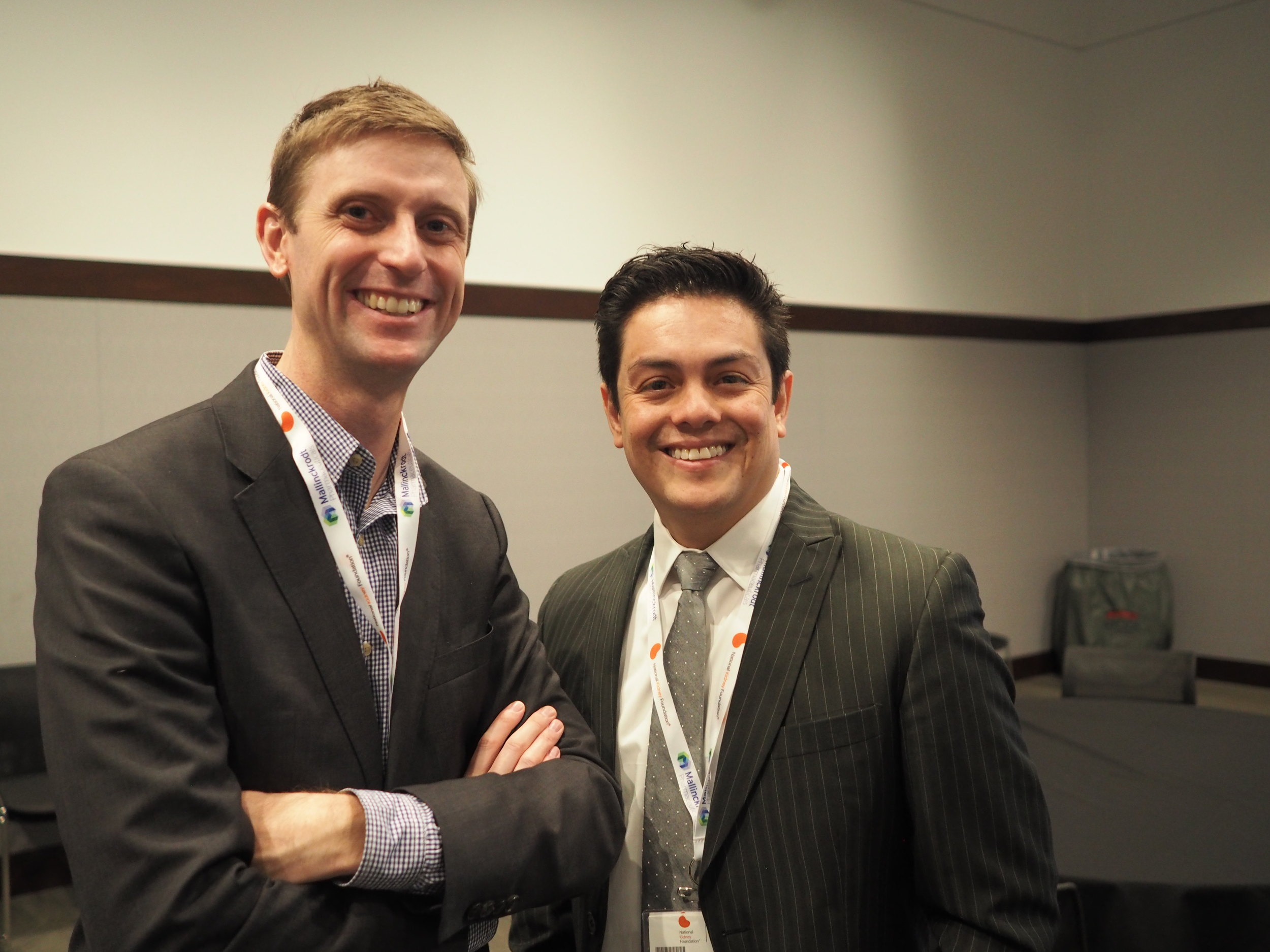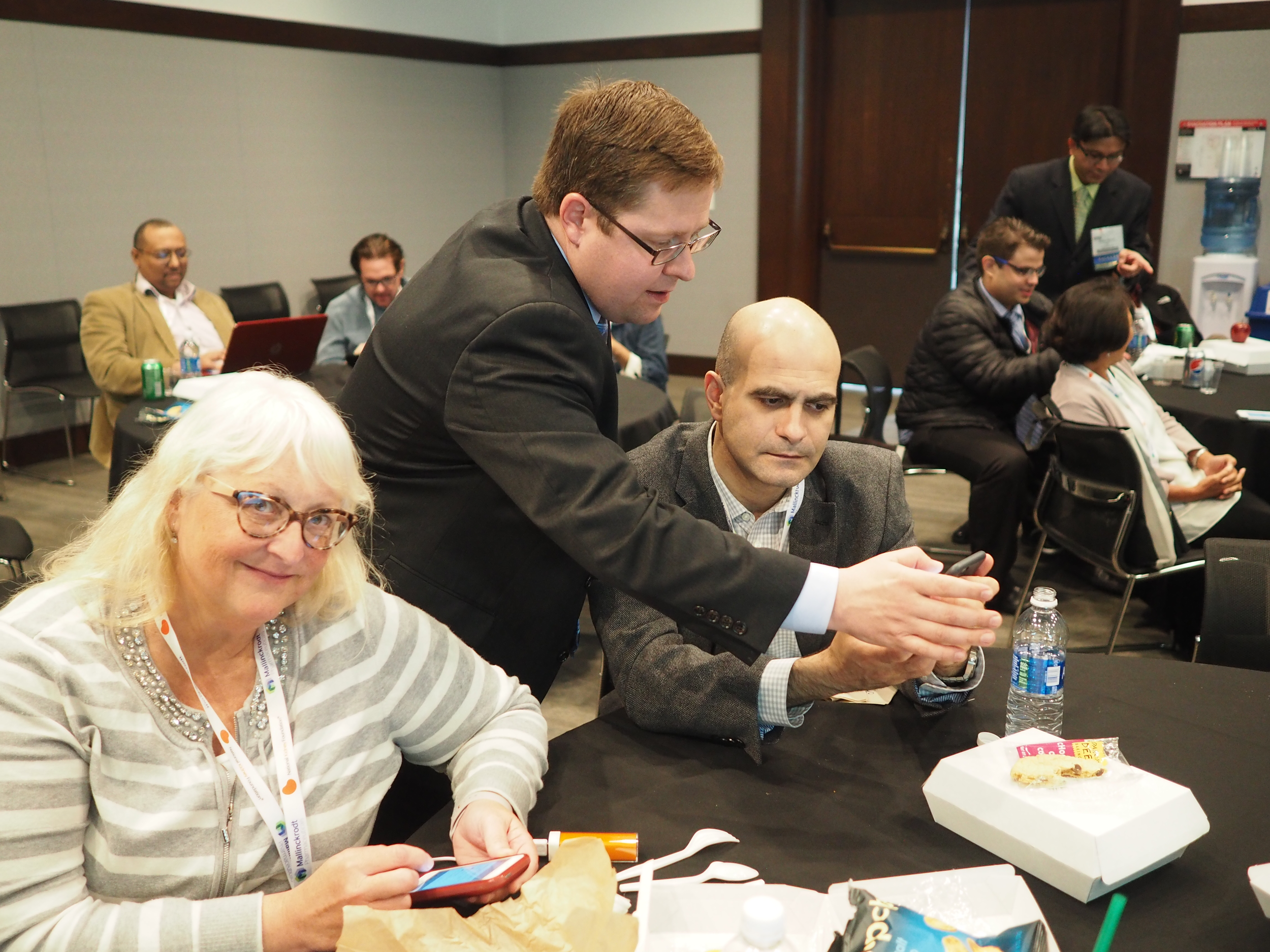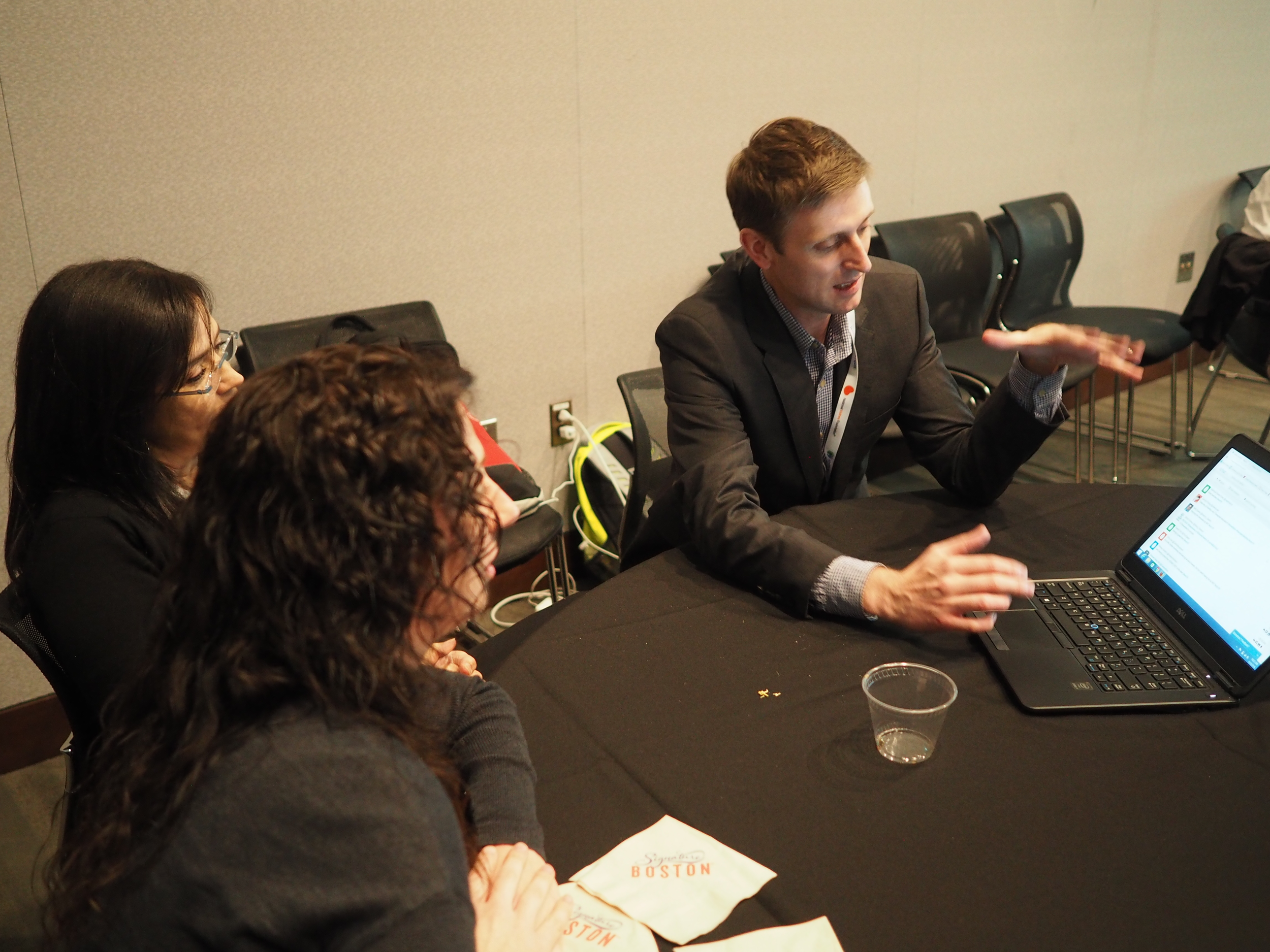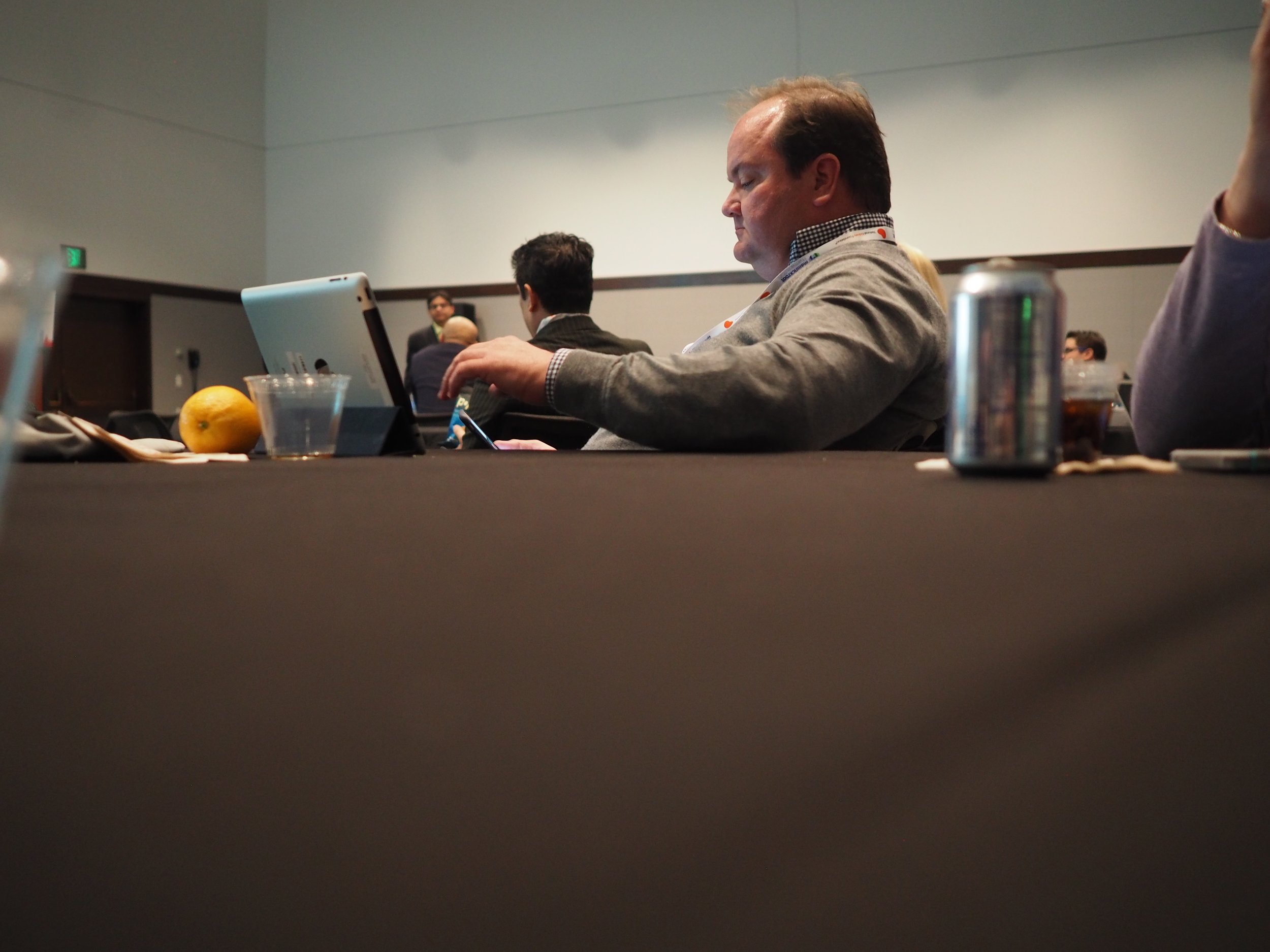The NephJC Kidneys return for the fourth year. Time for #NephTwitter to nominate their favs.
They're back: The NephJC Kidneys
Tubular Talk Number 2: Professionalism in Medical Social Media
Social Media in Medicine Research Library
The team at Symplur have teamed up with Stanford to compile a comprehensive library (217 articles!) of medical publications on social media. You can sort the list by altimetric score, title, first author's last name, yet, journal or impact factor. Looks very cool.
There are 7 articles on social media with an Altimetric score over 200!
#NephJC on the facebook app: wrap up
We had a few hiccups for this chat: the authors, Komal Kumar, Betsy King did join us for the first chat - and so did some other staff from Hopkins ERGOT workgroup, but twitter gave a lot of troubles the next day. Tweets were not showing up - so we called it a day, and rescheduled the chat to Sep 28. Things did work out this time!
Need a Kidney? There's an App for that
Social Media Workshop website now open
Yesterday Matt Sparks, Kenar Jhaveri, and I ran a social media workshop at the NKF Spring Clinical Meeting. We were given the opportunity to do a workshop rather than a few lectures, so we really focused on making the workshop interactive. As such we did not have a slide deck, but rather created a website with all of the content.
The workshop operated by having Matt and I narrate our experience as we navigated the website from introduction through professionalism. The participants created a blog post and tweeted and debated ethical issues in social media. It was an information dense two hours. We thought it went great.
Take a look at the materials here.
The Twitter4Nephrons, disappeared from the primary navigation bar at the top of the site. It can now be found in the about folder.
The power of Twitter
Last week, NPR ran a story on their Shots Blog based on a paper from JAMA Surgery, Quality Improvement Targets for Regional Variation in Surgical End-Stage Renal Disease Care. The story was one sided, and without balance. The truth is that irresponsible nephrologists are not the primary reason patients don't start dialysis with a fistula. Swapnil saw the post and went on a bit of a Twitter rant discussing the limitations of both the post and the article on which it was based. As is typical for our Twitter renal community, a number of other nephrologists chipped in with poignent observations and tweets. It quickly became a great academic discussion on the difficulties with fistulas.
I collected the relevant tweets and published a Storify of the entire event.
A few hours after I published the Storify I received an e-mail from Nadia Whitehead, the author of the NPR post. We did a 15 minute phone interview where I was able to provide some balance to the original article and I urged her to call Swapnil for some more feedback. She did that and posted a follow-up article a few days later.
I think this is a pretty good example of why doctors need to participate in social media in open networks like Twitter rather than behind the locked doors of private physician networks like Doximity and Sermo. We need to be engaged in the same media and networks that the public is immersed in so we can be heard and reman relevant. I think it also shows the value of curating these discussions with a tool like Storify. I played a minimal role in the discussion but she reached out to me, primarily, I imagine, because I was the author of the Storify. The Storify is what triggered the action on her part.
Tonight's #NephJC was off the charts
Thoughts on tonight's #NephJC Social Media Chat
Last night I was reading John Weiner's personal reflection on social media in medicine. He posed the question of whether the definition of professionalism is fixed and we need to adapt our social media use to these standards or do we adopt our measure and expectations of professionalism to new tools and personal behaviors. His words:
For example, a joint initiative of the Australian Medical Association Council of Doctors-in-Training, the New Zealand Medical Association Doctors-in-Training Council, the New Zealand Medical Students’ Association and the Australian Medical Students’ Association has produced a document called ‘Social media and the medical profession’ (Mansfield et al., 2011). The advice includes, inter alia, this statement:
Our perceptions and regulations regarding professional behaviour must evolve to encompass these new forms of media.
I would argue that perceptions and regulations of professionalism, once properly espoused and documented, should be applied universally, in any day and age, and for any circumstance or technology. This is declared, for example, in the Royal Australian and New Zealand College of Psychiatrists Position Statement ‘Psychiatry, online presence and social media’ (RANZCP, 2012) where, although there are specific allusions to social media behaviour in the document, there is an over-riding clause that clearly states:
they must ensure their social media use and Internet presence upholds the ethical and practice standards required for Fellowship of the College. (RANZCP, 2012)
Others argue that social media is somehow different. After all, it has immediacy and reach and permanency. I cannot accept that a smart, well-educated student who has achieved entry to medical school does not know these properties of social media.
This question seems to be at the center of any discussion of professionalism in social media, we need to at least understand what we mean by professionalism. While at first blush it seems that standards are only standards because they do not change. But on deeper thought, it is clear society has evolved. Imagine 1985 Marty McFly driving his Delorean to 2015 Brooklyn. What would be his reaction to people:
- publicly share vacation photos for the world to see
- millions of public diaries open to the world
- restaurants full of people snapping and sharing pictures of their food
- people "checking in" to share their current location when they get to every social engagement
He would be shocked at this narcissistic hellscape. Our ideas of privacy have undergone radical changes in just a few decades. It seems to me that the codes of professionalism must evolve with the standards and behaviors of the time or they will lose relevancy and become just an exercise in conservatism.
Please join us for this chat tonight at 9PM Eastern or tomorrow at 8PM GMT (3PM Eastern/Noon Pacific), it should be great.



